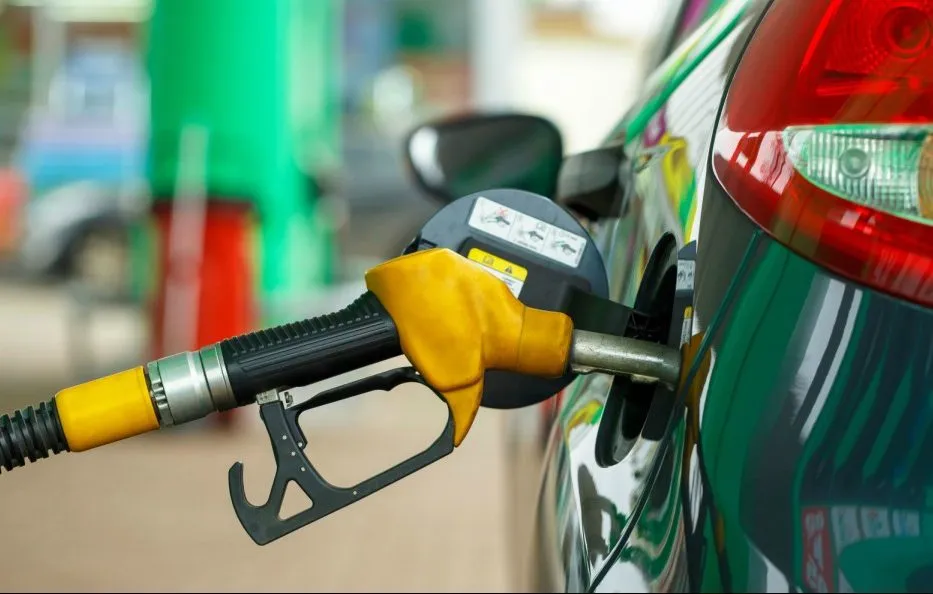In a rare moment of relief for beleaguered Ghanaian motorists, several Oil Marketing Companies (OMCs) have finally bowed to market pressures, slashing fuel prices at the pumps.
This welcome development, coming amidst persistent economic struggles, is primarily linked to the resurgent Ghana cedi and the eleventh-hour suspension of the contentious GH¢1 Energy Sector Levy.
The move offers a much-needed breathing space for consumers grappling with the brutal reality of global crude market volatility, a crisis that has continuously pushed up the cost of living.
Leading the charge, Star Oil is now offloading petrol at a more palatable GH¢10.99 per litre, though diesel prices stubbornly hold at GH¢12.49.
Notably, some independent players are even undercutting these prices, reportedly selling petrol for as low as GH¢10.99 per litre, igniting hopes of a fierce price war that could further benefit consumers.
Not to be outdone, industry giant Shell Ghana has also joined the price reduction bandwagon.
Petrol at Shell stations now retails at GH¢11.98 per litre, a significant drop from the GH¢12.98 seen on June 3. Diesel also saw a marginal dip, now standing at GH¢12.85, down from GH¢12.89.
Dr. Riverson Oppong, CEO of the powerful Chamber of Oil Marketing Companies (COMAC), wasted no time in explaining the sudden shift.
“These price adjustments reflect the strong performance of the cedi in recent weeks and the government’s decision to delay the implementation of the GH¢1 levy,” he asserted. “Without these factors, prices could have gone up significantly due to the global crude oil situation.”
Indeed, the Ghana cedi has been flexing its muscles against the U.S. dollar, making impressive gains from May 27 to June 12, 2025. This newfound strength has translated directly into lower import costs for petroleum products, providing a crucial, albeit temporary, cushion against the relentless march of global supply tensions.
Adding to the consumer’s delight, the government’s decision to postpone the implementation of the Energy Sector Shortfall and Debt Repayment Levy (ESSDRL) on June 16 provided OMCs with the essential room to maneuver without further burdening retail prices.
However, the celebratory mood among industry watchers is tempered with a heavy dose of caution. The international crude oil market remains a tempestuous beast, with prices surging amidst the escalating conflict in the Middle East, particularly the intensifying Israel-Iran confrontation.
COMAC has issued a stark warning: unless crude prices cool off in the coming weeks, Ghanaians should brace themselves for yet another wave of fuel price hikes, potentially hitting as early as July 1, 2025.
In response to these looming threats, the Ministry of Energy and Green Transition has hinted at the possibility of new mitigation measures to shield consumers from future increases. These could include strategic exchange rate interventions, a thorough review of tax policies, or even targeted subsidies.
“We are monitoring global trends and preparing options to protect Ghanaian consumers and maintain macroeconomic stability,” declared Richmond Rockson, Public Relations Officer at the Ministry of Energy and Green Transition.
He underscored the far-reaching implications of fuel pricing, stating, “Fuel pricing has implications across the economy — from transportation to food prices — and we are committed to proactive management.”
While the current reduction in petrol prices offers a much-needed short-term reprieve for consumers and businesses, the inherent volatility of global oil prices and the unpredictable nature of regional geopolitical tensions paint a complex and uncertain picture.
The sustained strength of the Ghanaian cedi and further proactive government intervention will be the ultimate determinants of whether current pump prices can be maintained or even pushed lower in the turbulent weeks ahead.
For now, motorists are urged to seize the moment, capitalize on the lower prices, and remain vigilant as the global energy landscape continues to shift.


